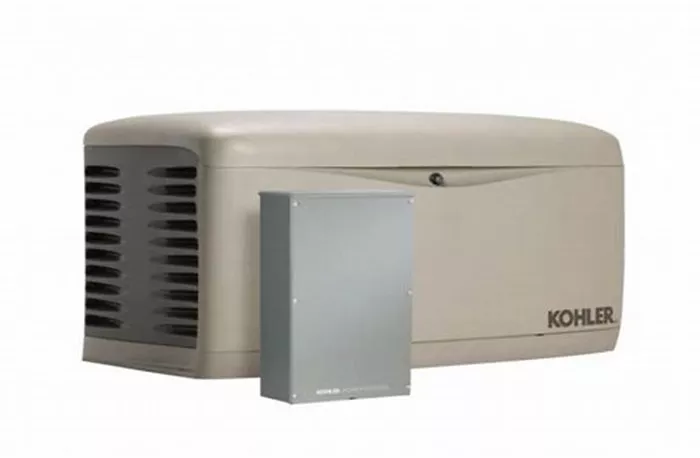A DC generator (direct current generator) is an electrical machine that converts mechanical energy into direct current (DC) electricity. These devices are a cornerstone of electrical engineering, even in the age of alternating current (AC) systems. While AC generators (alternators) are more commonly used today due to their efficiency over long distances, DC generators still find important applications in various industries. Understanding the uses and benefits of DC generators is key to appreciating their ongoing relevance.
Principles of DC Generator Operation
DC generators work on the principle of electromagnetic induction, which was discovered by Michael Faraday in the early 19th century. When a conductor (such as a coil of wire) moves through a magnetic field, it induces an electromotive force (EMF) or voltage in the conductor. This voltage can then be harnessed to power electrical devices.
In a DC generator, mechanical energy is used to rotate a coil within a magnetic field, generating a direct current. The generated current is then collected through a commutator, which ensures that the output current remains unidirectional. The commutator is a key feature distinguishing DC generators from AC generators, which typically rely on slip rings to produce alternating current.
Applications of DC Generators
Although the majority of power generation today relies on AC systems, DC generators remain useful in several specialized applications:
Battery Charging One of the most common uses for DC generators is to charge batteries. DC current is ideal for charging batteries, as most battery technologies, such as lead-acid and lithium-ion, require direct current to store electrical energy. DC generators are frequently used in backup power systems, solar power setups, and portable generator units to ensure batteries maintain sufficient charge.
Electroplating DC generators play an essential role in electroplating processes. Electroplating involves the deposition of a metal onto the surface of an object by using electrical current. Since electroplating requires a stable, unidirectional current to deposit the metal in a uniform layer, DC generators provide the precise and steady current necessary for this process. Industries such as automotive, jewelry, and electronics rely on electroplating for aesthetic finishes and functional coatings.
Welding DC generators are widely used in welding applications, particularly in processes such as arc welding. In welding, a steady and controllable current is required to maintain the electric arc between the electrode and the workpiece. DC generators can provide the necessary current, making them integral to welding machines. DC welding is preferred for certain materials and applications, as it offers smoother welds and more control over the process.
Power Supply for Small-Scale Applications DC generators are often used in small-scale power generation, especially in remote locations. In off-grid situations, such as in rural areas or on ships, DC generators provide a reliable power source for lighting, communication devices, and small machinery. The simplicity and reliability of DC generators make them a practical solution for areas where access to a centralized power grid is limited.
Industrial Motor Drives DC motors are widely used in industrial applications due to their ability to provide precise speed control. As DC motors require a DC power supply, DC generators are commonly used to provide this power. These motors are used in a variety of settings, such as conveyor belts, cranes, and hoists, where constant speed and torque are necessary for efficient operation.
Laboratory and Research Use DC generators are still frequently used in laboratories and research facilities for testing and experimental purposes. They provide a stable, controllable power source for experiments that require consistent direct current. Researchers use these generators to test electrical components, develop new technologies, or simulate the operation of electrical systems in a controlled environment.
Communication Systems In communication systems, especially older ones or those in specialized fields, DC generators are often used to power equipment like radio transmitters, receivers, and other communication devices. These systems rely on stable DC power to ensure that signals are transmitted and received clearly without interference.
Advantages of DC Generators
While AC generators have become more prevalent, DC generators offer several advantages in specific applications:
Stable Output: DC generators provide a smooth, constant output of direct current, which is crucial for many industrial and laboratory processes.
Simple Control: The speed of DC generators can be easily controlled, making them ideal for applications like battery charging, where precision is needed.
Versatility: DC generators are often more compact and versatile for smaller-scale, portable applications.
Conclusion
Despite the dominance of AC power systems in modern electricity distribution, DC generators continue to play an important role in a variety of specialized applications. From battery charging and electroplating to welding and powering small-scale systems, DC generators remain indispensable in industries where steady and controlled direct current is essential. Their simplicity, reliability, and versatility ensure they will continue to be relevant for specific tasks, particularly in remote locations, industrial processes, and laboratory settings.

